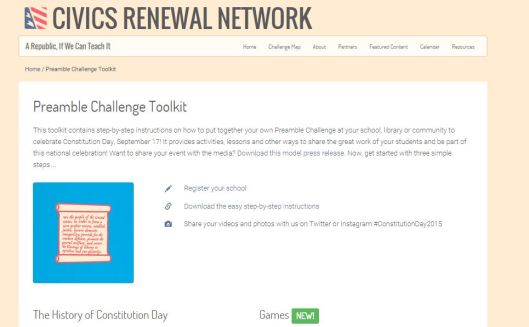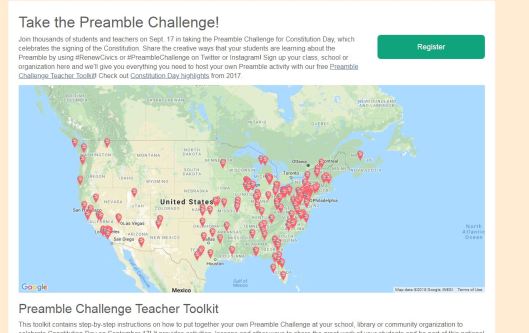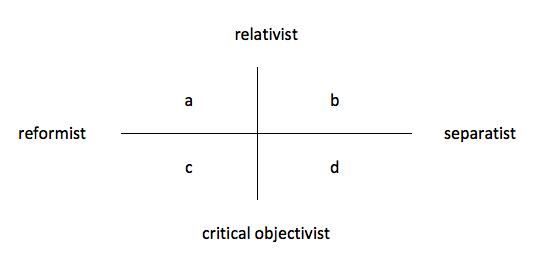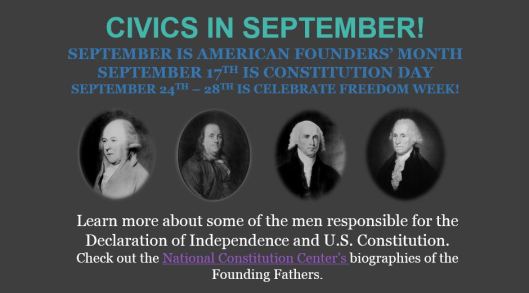NCDD member and partner – the National Civic League has been working with the Kettering Foundation on “learning exchanges” with city managers. The two organizations have a long working history over the last several decades, which has sought to explore how to further democratic practices, particularly within local government. This is the most recent effort in this work to continue to shift deeper government collaboration with the community. You can read the article in the post below or find the original on NCL’s site here.
Learning About Democratic Practices with City Managers
![]() The National Civic League is working with the Charles F. Kettering Foundation to organize “learning exchanges” to explore the ways professional city managers engage with members of the public to foster democratic practices in communities.
The National Civic League is working with the Charles F. Kettering Foundation to organize “learning exchanges” to explore the ways professional city managers engage with members of the public to foster democratic practices in communities.
These twice-a-year exchanges, which have been held at the foundation’s campus in Dayton, Ohio, have facilitated wide-ranging conversations about civic engagement efforts and examples of complementary public action—everything from an experiment in participatory budgeting in Chicago’s 49th ward to dialogues about community-police relations in a small southern city.
The participants have also explored issues such as assets-based community development, relational organizing, social media and technology and the role of public deliberation in addressing “wicked problems,” that is, persistent problems for which there are no obvious technical solutions.
In many of the exchanges, participants have identified tensions between the job of professional manager and the idea of public engagement and democratic governance. Traditionally, managers have been trained to view themselves as technical problem-solvers who advise elected officials and manage city departments to implement the policies adopted during public meetings.
In effect, local elected and appointed officials made the tough decisions and handled the strategizing, prioritizing and long-range planning efforts that allowed municipalities and counties to flourish.
But managers are in some ways uniquely positioned to foster collective problem-solving efforts and grassroots community initiatives, especially when there is a continuity of effort by public managers over a period of years. Some city governments, in fact, have developed detailed protocols to help staff-members think about how and when to engage the public in decision-making and public deliberation.
The National Civic League’s involvement with the Kettering Foundation goes back many years. In the early 1970s, the two organizations worked together to conduct research on what was then described as “citizen participation.” With support from the foundation, the League developed a series of books and videos, highlighting how winners of the All-America City Awards had come together to address pressing issues.
The Kettering Foundation’s primary research question is, “What does it take to make democracy work as it should?” For Kettering, one aspect of this mission is to look at ways professionals can “align their work” with the work of ordinary members of communities.
The League’s various research agreements with the Kettering Foundation have offered unique opportunities over the years to develop new ideas and new relationships with individuals and organizations, some of which have led to other initiatives and projects.
The city manager exchange, for example, led to the development of the Richard S. Childs Fellowship, a project that offers editorial assistance and guidance to working city managers seeking to write about their experiences with democratic practices in their communities. Some of these writings have already appeared in the National Civic Review as case studies and essays.
The fellowship was named for the political reformer and long-serving member of the National Civic League board of directors who played a leading role in developing the 1915 Model City Charter, the original blueprint for the city council-city manager plan for local government.
These research exchanges have become an important part of the League’s efforts to learn more about community-based efforts and address challenging issues. They also serve as a bridge between the organization’s historic mission of promoting professionalism in local government with its more modern focus on civic engagement, collaborative problem-solving and social equity.
You can find the original version of this on National Civic League’s site at www.nationalcivicleague.org/learning-about-democratic-practices-with-city-managers/.





 Introduction to Dialogue Across Differences
Introduction to Dialogue Across Differences
